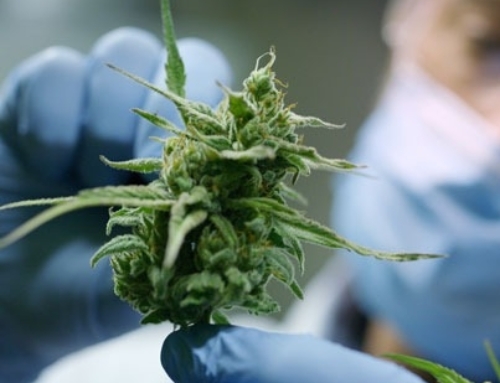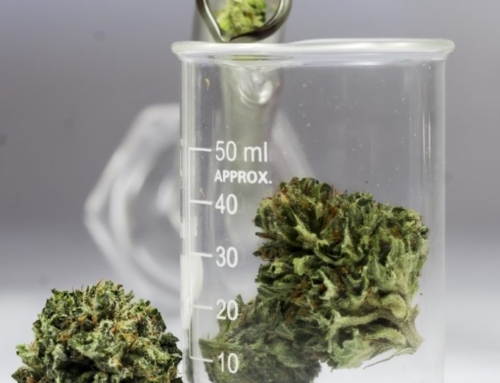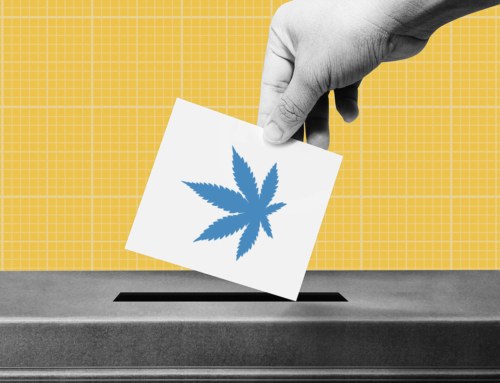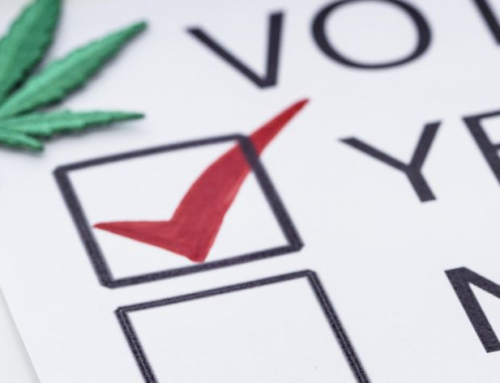Chief Petitioners were Alerted of the News After Enough of the 160,000 Signatures were Verified for Qualification
July 1, 2020 — New York, NY — Today, after overcoming significant hurdles brought on by COVID-19, the drug treatment and decriminalization campaign backed by Drug Policy Action (DPA), announced its initiative, IP44, will be on the November 2020 ballot. The chief petitioners were alerted of the news by the Oregon Secretary of State’s office after enough of the 160,000 signatures turned in were verified for qualification.
The initiative, The Drug Addiction Treatment and Recovery Act, if approved by Oregon voters in November, would provide a welcome shift in our response to drug use and addiction, replacing the current punitive structure with a health-centered approach. It would decriminalize possession of drugs for personal use and in its place expand the availability of treatment, peer support and recovery services, as well as housing and harm reduction interventions. The expanded services, which have typically been out of reach for most Oregonians struggling with addiction, would be funded through an estimated $100 million of existing marijuana tax revenue, which has been far greater than the state initially forecast, and through savings from diverted law enforcement and criminal legal system costs.
“The success of this campaign being able to collect the necessary signatures amid a pandemic—when we were mostly unable to do so in person—is proof of Oregonians strong support for a more humane and effective approach to drugs,” said chief petitioner Janie Gullickson, who is also the Executive Director of the Mental Health and Addiction Association of Oregon and in long-term recovery herself. “This initiative will save lives, and with COVID-19 exacerbating Oregon’s overdose crisis, it has never been more urgent.”
Last year alone, 8,903 Oregonians were arrested in cases where drug possession was the most serious offense, according to the Oregon Criminal Justice Commission. That’s more than one arrest an hour, and Black and Indigenous Oregonians were disproportionately targeted. Meanwhile, about one in 10 adults in Oregon need treatment for substance use disorder but have not received it, according to the federal government.
“Oregon police need to stop making these kinds of arrests, putting our communities in danger, and ruining lives by giving people criminal records,” said Kayse Jama, executive director of Unite Oregon. “The need for this measure is more urgent right now than ever before, because jails and prisons have turned into contagion hotspots during the pandemic.”
While the fundamental elements of the measure are based on successful models used in other parts of the United States and around the world, the details are tailored specifically to Oregon. Oregonians partnered with DPA experts to draft the initiative. Those consulted include Oregonians who work in treatment, addiction and recovery, and in consultation with specialists on equity, economics, criminal justice, civil liberties, and more.
DPA has partnered with organizations in Oregon—such as the ACLU of Oregon and the Partnership for Safety and Justice—for many years, supporting their work for criminal justice reforms. In addition to these policy changes that have been successful and popular in Oregon, DPA supported legalizing marijuana in the state and worked with partners in Oregon to create access to medical marijuana, reduce civil asset forfeiture, establish harm reduction facilities and defelonize simple drug possession.
“We are honored to once again join with Oregonians leading the way on progressive drug policies,” said Theshia Naidoo, Managing Director of Criminal Justice Law and Policy, Drug Policy Action. “Now, with COVID-19 wreaking havoc in jails and prisons, it is critical that we shift our approach to drug use towards humane and compassionate health-based services rather thanrelying on arrests and incarceration. Drug possession and use are often the excuse for over-policing of communities of color. It is time to reprioritize resources and treat this as the health issue that it is.”
The initiative has been endorsed by more than 50 organizations, including the ACLU, Law Enforcement Action Partnership, Human Rights Watch, Partnership for Safety & Justice, Oregon chapter of American Federation of State, County and Municipal Employees (AFSCME), Oregon chapter of National Association of Social Workers (NASW), AACP of Eugene, the Confederated Tribes of the Grand Ronde, Asian Pacific American Network of Oregon, Oregon Latino Health Coalition, Jewish Federation of Greater Portland, United Seniors of Oregon and Ecumenical Ministries of Oregon, plus several high profile supporters, including and two former US attorneys for the state of Oregon.










